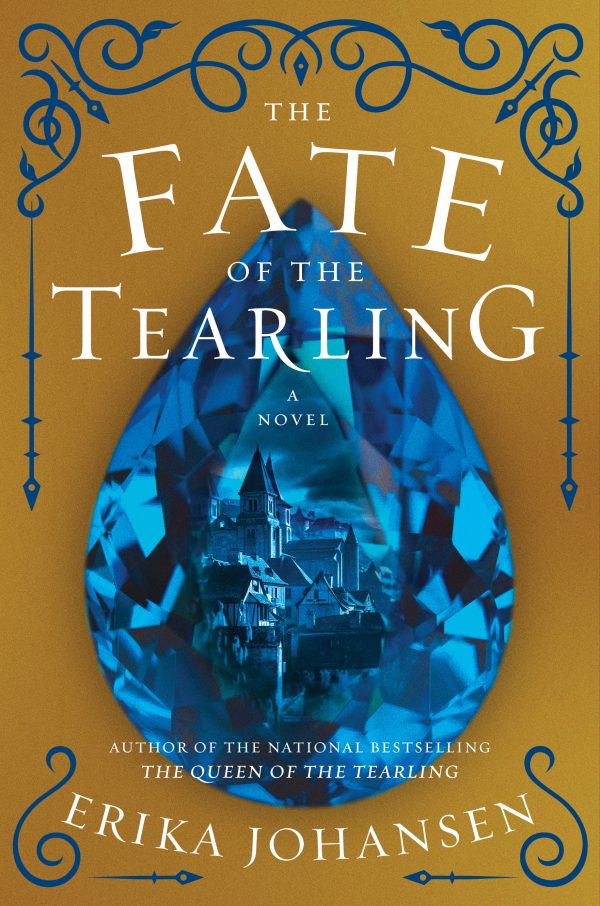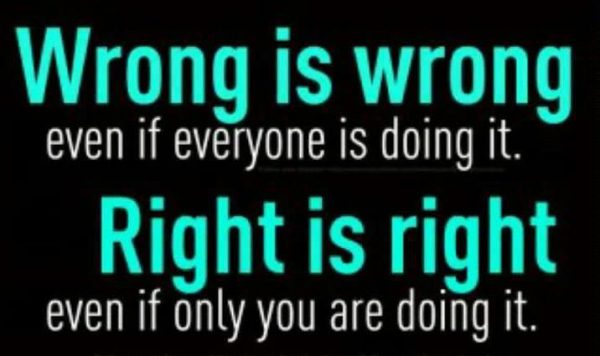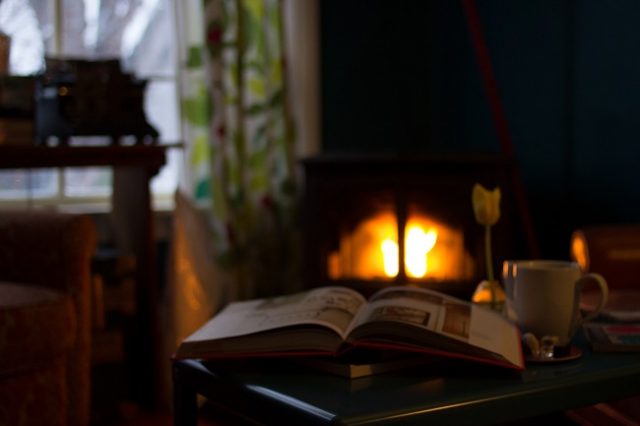On November 29, the third and last book in Erika Johansen’s bestselling Queen of the Tearling series was released. This has been one of my favorite series for years now–and I’m not the only one. Emma Watson announced back in 2014 that she intends to produce and star in the film adaptation.
So for the past year or so, I’ve been waiting more than a little eagerly to read the final installment in this epic series. But now that I’ve finished, my thoughts are still going round and round:

Source: Amazon
Pros:
- Like the first two books, the final book in Johansen’s series is incredibly raw and candid: The Fate of the Tearling, allows nothing to be rose-tinted or obscured as it explores everything from moral quandaries, to the shadowy depths of human nature, from the connection between history and the future, to mankind’s eternal struggle toward a better world. Johansen has a knack for revealing truths about people and the world in such a way that I’m left teary-eyed every time I read her books.
- Queen Kelsea is still awesome and fighting hard against both her enemies and her own inner demons (although the whole Queen of Spades thing seems a little overdone).
- The Red Queen becomes more human in this book–although her enigmatic evilness was loads of fun in the first two books, it was really cool to see another side of her and to get to know her better.
- The philosophical discussion surrounding religion is spot-on: I absolutely adore Johansen’s approach.
- The background story about Jonathan and Katie is heartbreaking, but lovely.
- Wrongs are finally righted!
Cons:
- As in The Queen of the Tearling and The Invasion of the Tearling, there are multiple narrators all telling their part of the story. But in the first two books, Kelsea was by far the dominant narrator, and the other characters simply offered refreshing glimpses into other scenes of action or other sides of the story. In The Fate of the Tearling, however, Kelsea is given much less narratorial attention. This is disappointing for many reasons:
- Firstly, Kelsea was the character that drew me to this series in the first place. Her character development, thoughts, and her actions as a badass queen are what make these books amazing. Thus, her diminished presence in this book was quite a letdown.
- Secondly, the multiple points of view often made the plot feel jumbled and disconnected. Some plot threads are dropped and never addressed again, while others just seemed out of place and never really needed to be there in the first place.
- The whole sub-drama concerning Kelsea’s parents is one of the novel’s biggest flaws. The whole thing seems forced, over-dramatized, and noticeably detracts from the quality and believability of Johansen’s writing.
- I had multiple problems with the ending. First of all, I understand how hard it must be for authors like Johansen to come up with a believable, complex resolution for books that build up to such an intense climax. That being said, the ending not only felt way too drawn-out, but it also felt like a bit of a cop-out.
- This whole series has built Kelsea up to be a complex, fallible but take-charge leader who can resolve issues on her own. This ending, however, reminded me a lot of the ending to Christopher Paolini’s Inheritance Cycle: it does absolutely no justice to the protagonist’s powers or leadership abilities. It’s as though the author tried to think of a way their hero could conquer evil, gave up, and latched on to the easiest solution possible.
- Johansen does try to make her ending believable (perfection cannot be achieved without a price), but her attempts at resolution ultimately fail and will leave readers feeling hollow.

Source: Nutt Is Freaky
A valiant attempt, Johansen, with many points of poignancy and power. Just re-work the ending next time.
If you like Erika Johansen’s books, you might also like:
- The Name of the Wind by Patrick Rothfuss
- A Court of Thorns and Roses by Sarah Maas
- Graceling by Kristin Cashore
- Daughter of the Forest by Juliet Marillier
YouTube Channel: polandbananasBOOKS
Featured image via The Critiquing Chemist




